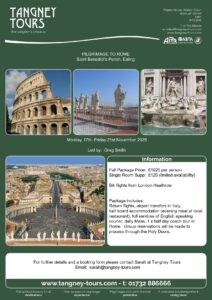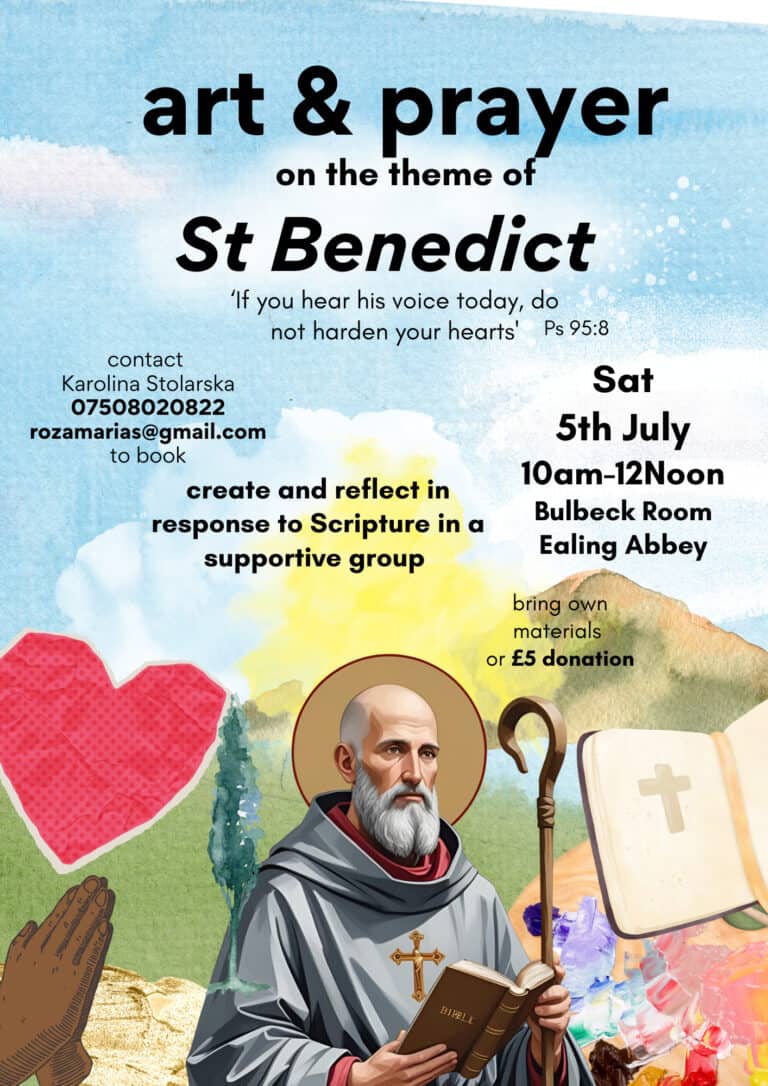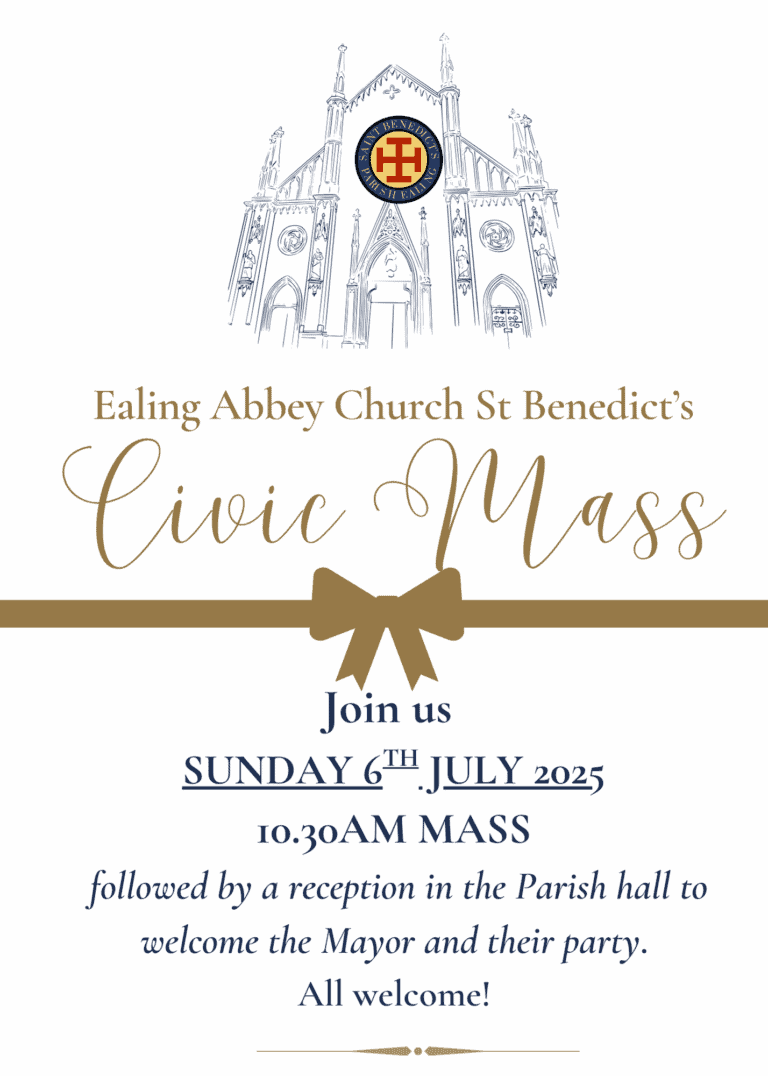Dear Parishioner,
Today’s First Reading from the Book of Wisdom reminded me of a photo sent to me recently by a family member in the USA. It was a picture of a woman on whose T-shirt were the words: If you don’t need a mask because God will protect you, why do you need a gun? And who said Americans don’t do irony?
Irony is clearly discernible in each of our readings. Our writer in Wisdom takes on the role of the unrighteous man and says: Let us condemn [the virtuous man]…let us test him with cruelty and torture since God will look after him.
The refrain of the Psalmist, too, is an unequivocal It is the Lord who upholds my life…..even though proud and ruthless men seek my life. The Letter of James reminds us that true Wisdom makes for peace in contrast to quarrelling and ambition which brings about evil results. And in his gospel our master storyteller, Mark, reminds us that violence will in the end bring about the death of Jesus but this is not the end of the story as he predicts that Jesus will rise after three days. Is this irony? Well maybe, but perhaps just like many of our friends Stateside, the disciples just don’t get it. They prefer instead to discuss where each of them might be in the pecking order of importance in Jesus’ eyes. Time to knock some heads together and inject a note of realism. But Jesus’s words about receiving the Good News as children will doubtless not have been understood either, in fact just the opposite. In most societies today and amongst most people (though sadly not all) the rights of children are writ large in our laws, in our Charters and in our institutions. We are especially sensitive to their needs but this wasn’t always the case in the ancient world, nor, sadly, is it always the case today.
The disciples were constantly negotiating and renegotiating their strategies about how to be the greatest. This way of thinking is reflected in Luke’s (ironic) suggestion, “[W]hen you give a feast, invite the poor, the crippled, the lame, and the blind. And you will be blessed because they cannot repay you……” Jesus now models another way for the disciples, by placing a child in their midst. And he embraces the child. In this context the child symbolises the least, one who does not have social status or importance. But the greatest of this world, as we know, do not associate with the least of this world. Jesus is attempting to map out a process of transformation for the disciples – and for us: when we begin with the least socially we devalue the hierarchical ranking of society and everything turns topsy-turvy. Probably for most of us, myself included, this is not a comfortable place to be in. But it is precisely this challenge that the readings today are laying before us:
The Redemptorist Denis McBride, says it is the challenge to “welcome the powerless, to take to heart the weakest members of the community. [Jesus] places himself in their company. Special hospitality should be offered to those from whom we can benefit the least. Their vulnerability is something that Jesus not only shares but values….No earthly power will save Jesus from death in Jerusalem; only his Father can save him from being left for dead. That is what the Father does. That is how the Father welcomes the trust of the little one.”




